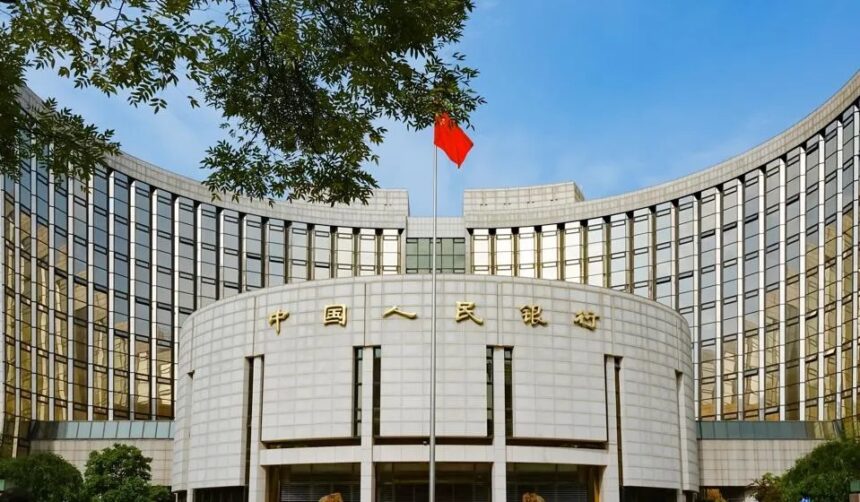Hong Kong stablecoin plans paused by Chinese tech giants
Major Chinese technology companies, including Ant Group and JD.com, have suspended their Hong Kong stablecoin plans after regulators in Beijing raised concerns about privately managed digital currencies. The Financial Times reported that the People’s Bank of China (PBoC) and the Cyberspace Administration of China (CAC) instructed these firms to halt their stablecoin-related initiatives, according to sources familiar with the discussions.
Background: Beijing’s stablecoin concerns
Ant Group and JD.com had previously shown interest in participating in Hong Kong’s pilot stablecoin program or issuing tokenized financial products, such as digital bonds. Hong Kong began accepting applications for stablecoin issuers in August, with initial support from mainland regulators who viewed the program as a potential way to promote renminbi-pegged stablecoins and internationalize the yuan.
However, momentum slowed soon after. “The real regulatory concern is, who has the ultimate right of coinage — the central bank or any private companies on the market?” a source told the Financial Times. This underscores Beijing’s prioritization of central control over currency issuance, which is a key priority for Chinese financial authorities.
Market reaction and regulation in Hong Kong
The pause in Hong Kong stablecoin plans comes after the Hong Kong Securities and Futures Commission (SFC) issued warnings about the new regulatory framework for stablecoins increasing the risk of fraud. Ye Zhiheng, executive director of the SFC’s intermediaries division, stated that the rules could bring heightened challenges for market participants to ensure compliance and investor safety.
Following the implementation of the new stablecoin regulation on August 1, several stablecoin firms operating in Hong Kong reportedly posted “double-digit losses,” signaling market uncertainty. Further reports from Chinese financial outlet Caixin said that Beijing had limited Hong Kong’s stablecoin activity, although the story was removed shortly after its publication.
Impact on broader digital asset projects
Regulatory actions have also impacted other segments of Hong Kong’s digital asset sector. In recent months, China’s securities watchdog reportedly asked local brokerages to pause real-world asset (RWA) tokenization activities. Despite regulatory caution, innovation continues; for example, CMB International Asset Management, a subsidiary of China Merchants Bank, recently tokenized its $3.8 billion money market fund on BNB Chain, highlighting ongoing momentum for digital assets.
The suspension of Hong Kong stablecoin plans by prominent Chinese tech firms signals Beijing’s careful monitoring and potential limitations on the role of private companies in the digital currency space. The future course for stablecoin development in Hong Kong now depends on further regulatory clarity from both Hong Kong and mainland Chinese authorities.
For more updates on cryptocurrency regulation and digital asset markets in Asia, visit Vizi’s cryptocurrency section.
What’s next for stablecoins in Hong Kong?
With ongoing discussions between mainland and Hong Kong authorities about digital currencies, industry participants are awaiting further clarity. The outcome of these deliberations will likely determine if and how private companies will be able to participate in the city’s growing digital assets sector.
Sources: Cointelegraph | Financial Times



















